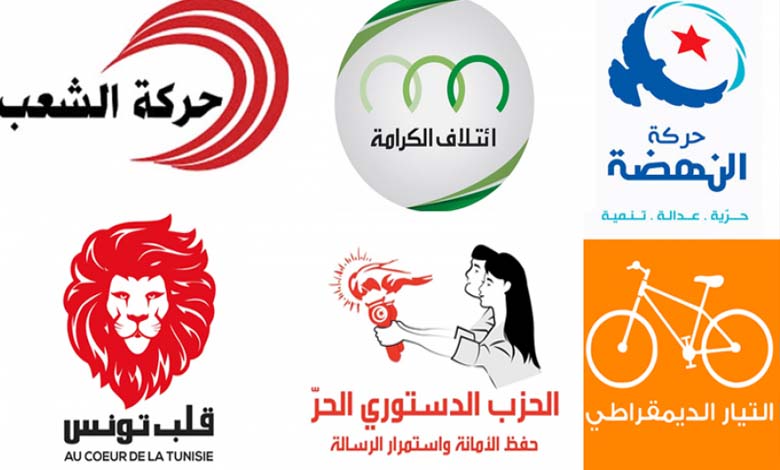The Secret behind Foreign Funding in Tunisia’s Political Parties
There is foreign funding for political parties in Tunisia

Tunisia took a different path after a decade of black rule by extremist groups, which stands in stark contrast to the violence and security breakdown experienced by other Arab countries. Despite the cessation of terrorist incidents that have become almost non-existent and the state’s success in mitigating their threat, the core of the crisis revolves around foreign funding, which has compromised the integrity of all electoral stages the country has witnessed since 2011.
The Series of Funding in Tunisian Elections
Foreign funding for parties to support election campaigns began in 2011, continued in 2014, and persisted in 2019. Many parties face accusations of foreign funding, a fact confirmed even by the Court of Auditors, a local body monitoring financial transactions in elections.
This was evident during the 2014 elections when one presidential candidate received a million dinars from abroad, but the case remained pending in the courts. Similarly, for the Nidaa Tounes party, a prominent party in Tunisia, one of its leaders confirmed in multiple media statements that foreign funds entered the party’s accounts before the 2014 elections.
Tunisian political party regulations, as outlined in Article 19, prohibit the receipt of direct or indirect cash or in-kind funds from foreign entities. According to Article 28 of the same regulations, anyone found to have received foreign funding can, in the initial phase, have their political party’s activities suspended for a period not exceeding 30 days.
Presidential Criticisms
Recently, Tunisian President Kais Saied criticized the lack of oversight in his country over “foreign funding,” pointing out that it infringes on sovereignty. He clarified that civil society organizations serve as a backdoor for political parties, and many parties exploit these organizations, which present themselves as components of civil society, to obtain funding from abroad through convoluted means, whether from Eastern or Western countries. He emphasized the sovereignty of the Tunisian state and its independence from the interference of some countries in its affairs.
Leaks Expose Muslim Brotherhood Funding
These statements from Saied came days after the arrest of the interim president of the Ennahda Islamist movement, Moncef Marzouki, following a leaked audio recording that revealed corruption issues within the movement. Marzouki confirmed that its leaders were still receiving foreign funds, prompting Saied to emphasize the need to revise the legal framework to ensure the financial institution plays its full role and responsibilities.
Tunisian journalist Souad Mohamed says that nothing is certain regarding the course President Kais Saied intends to take in the coming phase. Many files are open before him, awaiting resolution. However, it is certain that the issue of foreign funding is at the top of the list of issues he intends to address fully.
Mohamed added that President Saied has hinted each time that anyone found guilty will bear the responsibility. Judicial shortcomings may impose decisions through decrees, thanks to the exceptional measures that grant him nearly absolute powers. This underscores the presence of suspicions, and Mohamed noted the existence of ongoing funding for the terrorist Muslim Brotherhood, which is used for terrorism.












